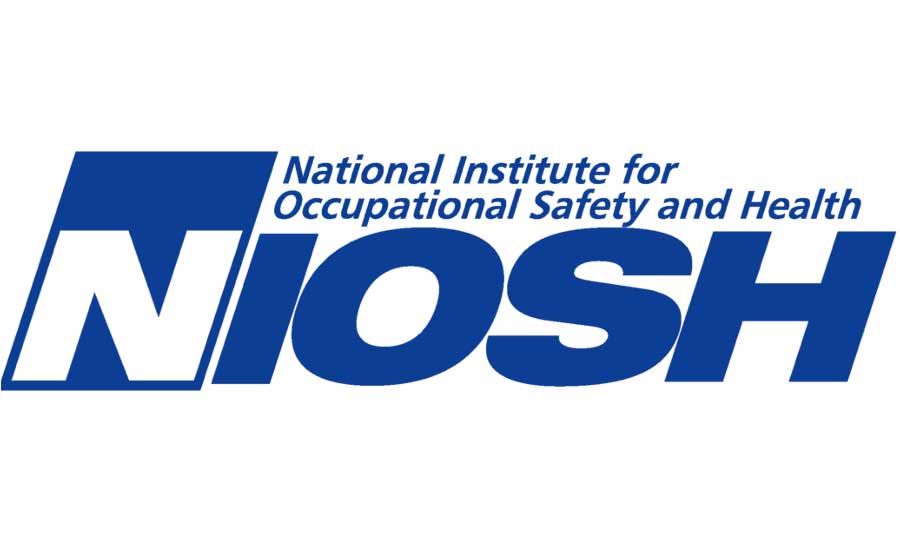Teaching young workers about safety
Start with NIOSH 8 Core Competencies

Many young workers under age 25 enter the workforce before they have had a chance to develop foundational job skills. In fact, most high schoolers—an estimated 80 percent— hold a job at some point during their school years. With work-related injury among these young workers approximately twice as high as among older workers, the need for early training in foundational job skills is critical. To address this knowledge gap, researchers at the National Institute for Occupational Safety and Health (NIOSH) developed a framework for teaching young workers fundamentals about safety and health on the job. These foundational skills include the abilities to read for information, apply mathematics, problem solve, think critically, manage social relationships, and communicate effectively. Called the NIOSH 8 Core Competencies, this framework includes eight steps that younger workers can take to help ensure their safety in any workplace, the researchers report in the Journal of Safety Research:
- Recognize that all workers potentially face the risk of injury, illness, and even death on the job. Workers need to know how workplace risks can affect their lives and their families.
- Recognize that work-related injuries and illnesses are predictable and preventable.
- Identify hazards at work, evaluate the risks, and predict how workers can be injured or become ill.
- Recognize how to prevent injury and illness. Describe the best ways to address workplace hazards and apply these concepts to specific workplace problems.
- Identify emergencies at work and decide on the best ways to address them.
- Recognize that employers are responsible for, and workers have the right to, safe and healthy work. Workers also have the responsibility for keeping themselves and coworkers safe.
- Find resources that help keep workers safe and healthy on the job.
- Demonstrate how workers can communicate with other people, including authority figures, to ask questions or report problems and concerns when they feel unsafe.
The researchers used the Health Belief Model, an established theoretical framework for effecting change in health behavior, to guide the development of the NIOSH 8 Core Competencies. In practical terms, according to the researchers, teachers and administrators can incorporate the NIOSH 8 Core Competencies into school curricula to help ensure that young workers have the skills and knowledge they need to stay safe and healthy at work.
More information is available:
Looking for a reprint of this article?
From high-res PDFs to custom plaques, order your copy today!








.jpg?t=1721257160)